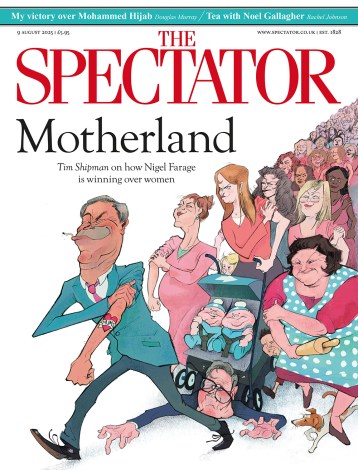The Interestings, by Meg Wolitzer – review
Thick, sentimental and with a narrative bestriding four decades, Meg Wolitzer’s The Interestings feels above all like a Victorian novel, one which finds itself as comfortable in our time as it would have been 150 years ago. It’s an American story ruled by classic English themes. Fate, coincidence, class and envy are what bind —






